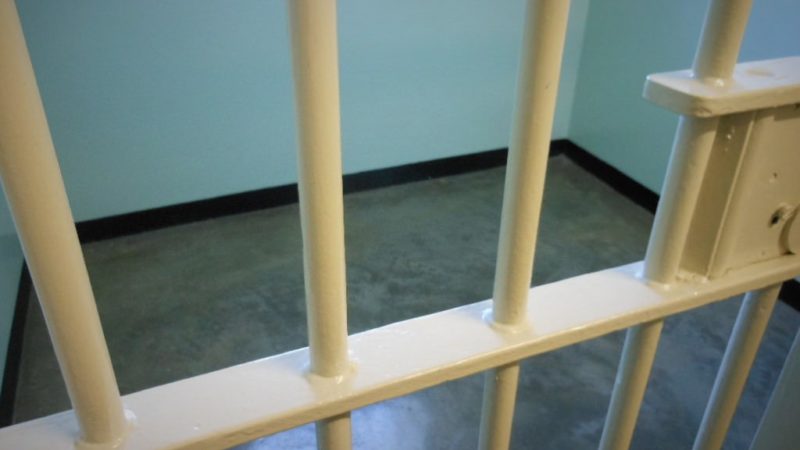As an inquest reports on fatal failings at New Hall Prison, it's clear that mental health care in our prison system is at breaking point.

What do we – in the UK, in 2018 – do with a young woman who is in such distress that she tries to set fire to herself, her bed and curtains? Where is the right place for her? And what should happen to her when she gets there?
As a civilised society, you would assume that our first response to someone in severe mental distress should not be to throw them into our decaying, dangerous prison system. But even with initiatives like Liaison and Diversion, this is too often the case.
The findings of the inquest into the death of Emily Hartley in New Hall prison in 2016 are a difficult read from start to finish.
Including Emily, five women have died in this jail since 2016. A year where 22 women died in prison across the female estate: deaths that are far from inevitable and should challenge us all as to the state of our justice system.
When I worked in HMP Holloway, I worked with a number of women who had arson offences: all of them creative, resourceful women – despite childhoods of abuse and profound trauma, like 53% of women in prison.
All of them had severe and enduring mental health concerns. All of them were remanded in custody pre-trial, most were given custodial sentences lasting several years, and only one of them, following her trial, was to be transferred to a secure psychiatric unit. But there were no beds in the secure unit. The weeks rolled by. She was still held in prison. Three months later, the prison to secure unit transfer finally happened.
Prison to secure unit transfer is meant to be done within 14 days for acutely ill patients. But our mental health services, our prisons, and our NHS are under such huge pressure – following years of under-investment and austerity – that the 14 day transfer threshold has become merely advisory.
The National Audit Office report into Mental Health in Prisons last year found that only 34% of people were transferred within this 14 day limit, meaning the vast majority were not transferred in the appropriate time frame. 7% of people had to wait more than 140 days for transfer.
Neither the prison service or NHS England know how many people in the estate are currently awaiting a transfer to a psychiatric unit.
Our prisons are in crisis: even the Conservative Chair of the Justice Select Committee conceded this in 2016 and has since called a backbench debate. Yet we still routinely incarcerate people who would be far better supported through mental health or addiction provision.
If we were serious about reducing crime and the number of victims, our government would make these options available to sentencers with the requisite funding as a matter of priority. Instead, we have the disgraceful societal dumping grounds we call prison today.
It is a place where rather than being “looked after with humanity and help them lead law-abiding and useful lives in custody and after release” – as stated in HMPPS Statement of Purpose – self-harm rates and serious assaults continue to rise to record levels.
Earlier this week Khader Saleh was murdered in HMP Wormwood Scrubs. What an indictment on this government and their priorities this week has been.
When I worked in Holloway, I came across this quote from Kyd’s play The Spanish Tragedy: “Where words prevail not, violence prevails.” It resonated with me both as a description of what I saw around me, people unable to express their pain except through violence, and as an urgent prophecy.
Those of us in the Labour Party are often so proud to be a voice for the voiceless and also, proud enablers of those finding their voice.
We must keep listening to those inside and speak out for those who can’t on prisons. We must articulate alternatives to the current, deadly mess.
We cannot be silent or complicit as lives are lost and families are crushed, while leaving a gap for violence to prevail.
Sarah Hyde is Vice Chair of the Fabian Women’s Network. Follow her on Twitter.




One Response to “Our prison service is failing women – and it’s costing lives”
Alasdair Macdonald
Have there been many Home Secretaries who were more illiberal than Jack Straw? So, is there really any possibility that Labour should they get into power would act in the way, say, Roy Jenkins did? Sadly, I suspect that they would calculate, cynically, that there are more votes in being ‘tough on crime’.
Except in extreme cases like Myra Hindley, I do not think women should be in prison at all. A more sympathetic, supportive and constructive approach is needed, especially for women with children.